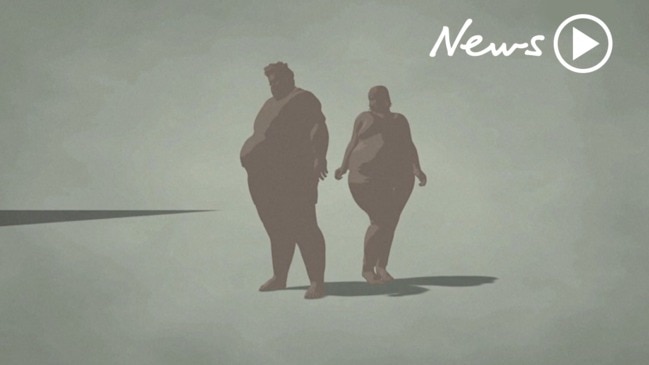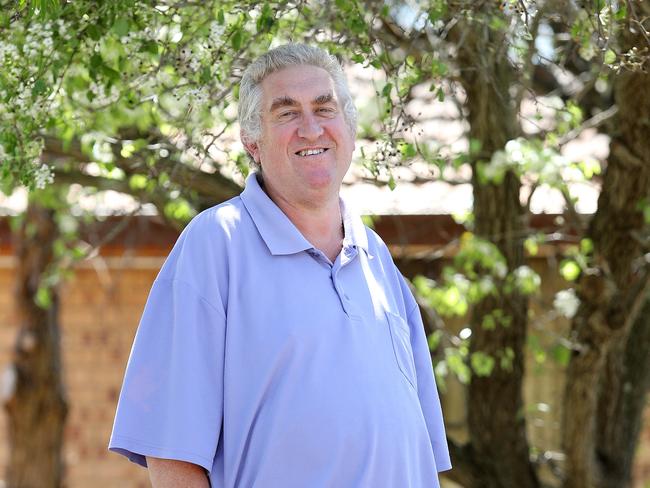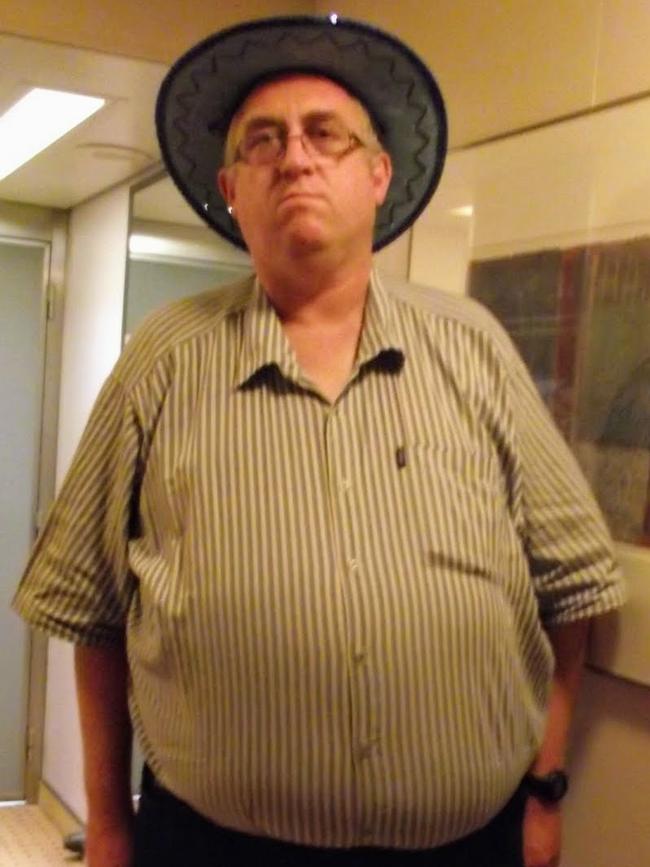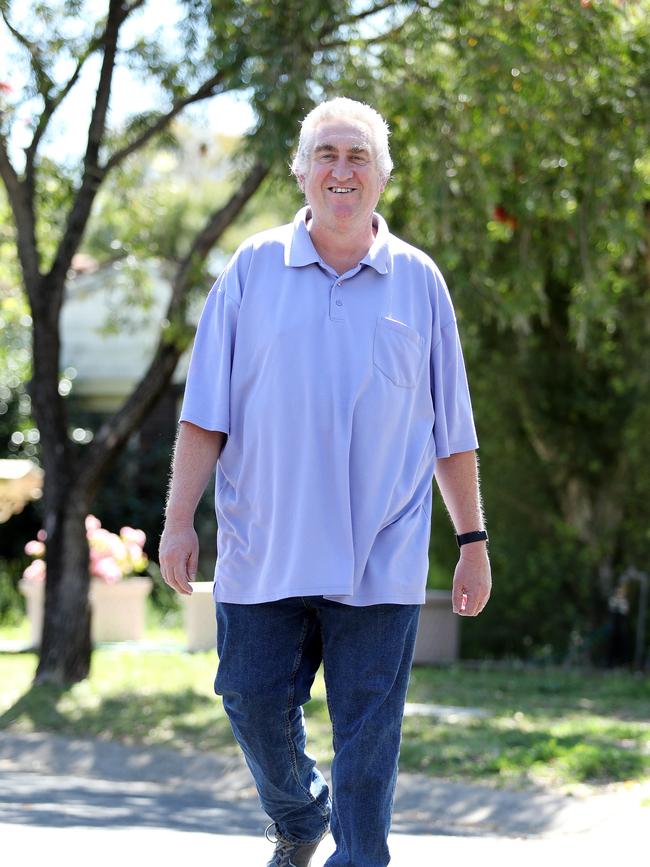Obesity: Australia lagging behind the rest of the world in receiving treatment
Low motivation and shame are cited as just two of the reasons why many obese Australians wait almost a decade to do anything about it, astonishing new figures show.

NSW
Don't miss out on the headlines from NSW. Followed categories will be added to My News.
- What you get as a Daily Telegraph subscriber
- Wealthy older Aussies ‘barely contributing to cost of aged care’
Australians living with obesity are waiting up to nine years for help – three years longer than those in countries around the world.
Social stigma, lack of training for doctors and difficulty accessing support are all contributing to more and more Australians suffering in silence.
Just over 50 per cent of people with obesity discussed their weight with a health care professional in the past five years and more than half of those had to bring up the conversation themselves, new international data published in the Journal of Obesity Research & Clinical Practice found.

Almost 75 per cent of healthcare professionals perceived their patients as having low motivation to lose weight but only 21 per cent of people living with obesity felt this way, indicating the chronic condition is underdiagnosed and under treated.
Despite being an Australian National Health Priority Area since 2008, fewer than one per cent of GP consultations focus on obesity.
MORE NEWS:
How to spot the early signs of eating disorders
Childhood obesity linked to adult heart disease
Toowoomba must reduce its obesity rate
Co-author Professor Ian Caterson said there was a communication gap between patients and their doctors resulting in many people not getting help on time.
“People consider obesity as their own problem, so they don’t bring it up. And conversely the doctors think they haven’t brought it up, they don’t want me to talk about it and they may be offended so there is a gap,” the Sydney University professor of human nutrition said.
“One of things that does allow it to be brought up is if they develop one of those complications that we are trying to prevent like diabetes or heart trouble.”


The study found Australians took on average nine years to discuss their weight with a health care professional while people in other countries took on average six years.
It added that the most common barrier in people accessing treatment was the view that they have to manage their weight alone.
“There is a gap of nearly nine years between self-concern about weight and initial weight management discussion with an HCP. Better recognition of obesity’s impact and targeting barriers to care are needed,” the study said.
Prof Caterson said the government needs to include Medicare Benefits Schedule item numbers specifically to target obesity and it’s complications.
“In the UK GPs get incentives if they have everyone on their books with their weight. If you are a bit overweight then the health system will send you to Weight Watchers whereas here you have to pay out of your own pocket,” he said.
“If we do that, we can prevent a lot of other chronic illnesses.”
Mt Druitt father-of-four Roy Hurlstone started his weight loss journey after he developed diabetes.
From a maximum of 178 kgs, Mr Hurlstone has lost 50 kgs since getting help including 27 kgs in the past 12 months.
“I knew I was obese for a very long time but when I found out I was diabetic and that was the push for me to do something about it,” he said.
“It’s cheaper to feed your family some hot chips than to eat something healthy. It’s all very easy to say but making it cheaper to buy healthier food will make a big difference.”
Originally published as Obesity: Australia lagging behind the rest of the world in receiving treatment

